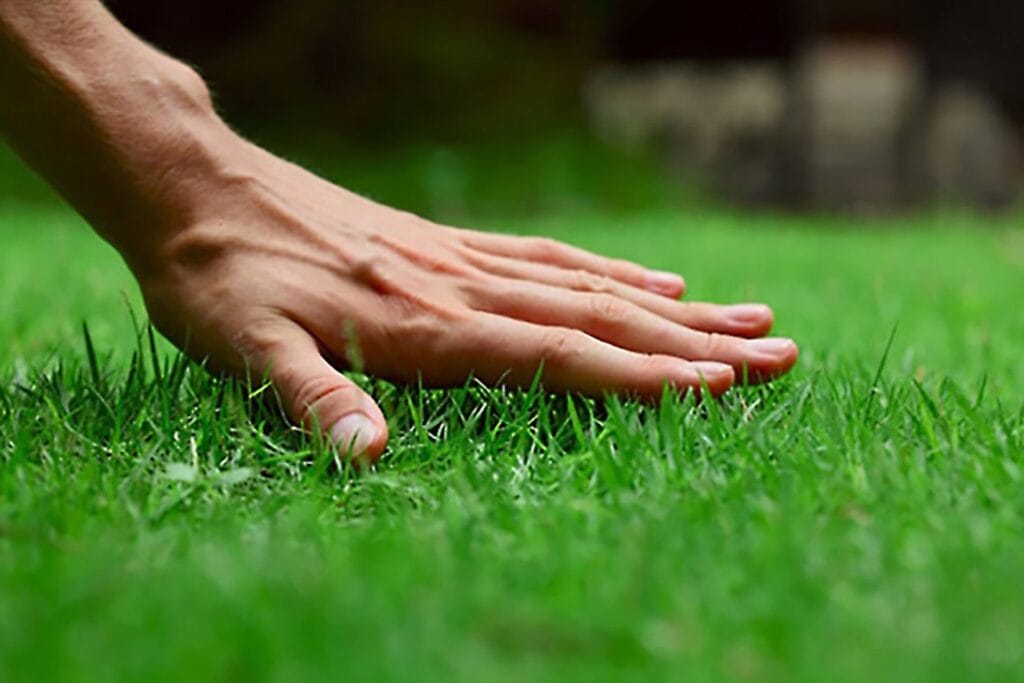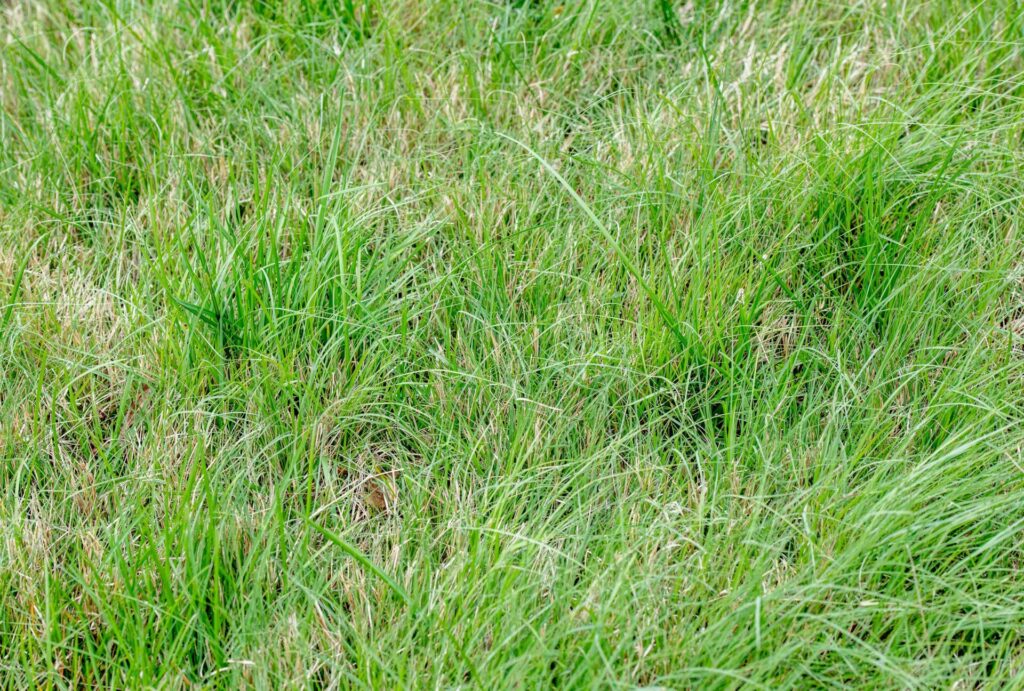Best Warm-Season Grasses for Austin Lawns
By Innovation Grounds
Maintaining a lush, green lawn in Austin, Texas, is all about choosing the right warm-season grass. The hot summers and occasional droughts of Central Texas make it essential to select grass varieties that can withstand extreme heat, fluctuating rainfall, and periods of drought. In this blog, we’ll highlight the best warm-season grasses for Austin lawns, including their pros, cons, and ideal care practices. Whether you’re planting a new lawn or renovating an existing one, this guide will help you make an informed decision.
Why Warm-Season Grasses Are Ideal for Austin
Austin’s climate is characterized by long, hot summers and mild winters. Warm-season grasses thrive in these conditions, growing actively from late spring through early fall. These grasses are drought-tolerant, heat-resistant, and capable of staying green during the peak of summer when cool-season grasses struggle.
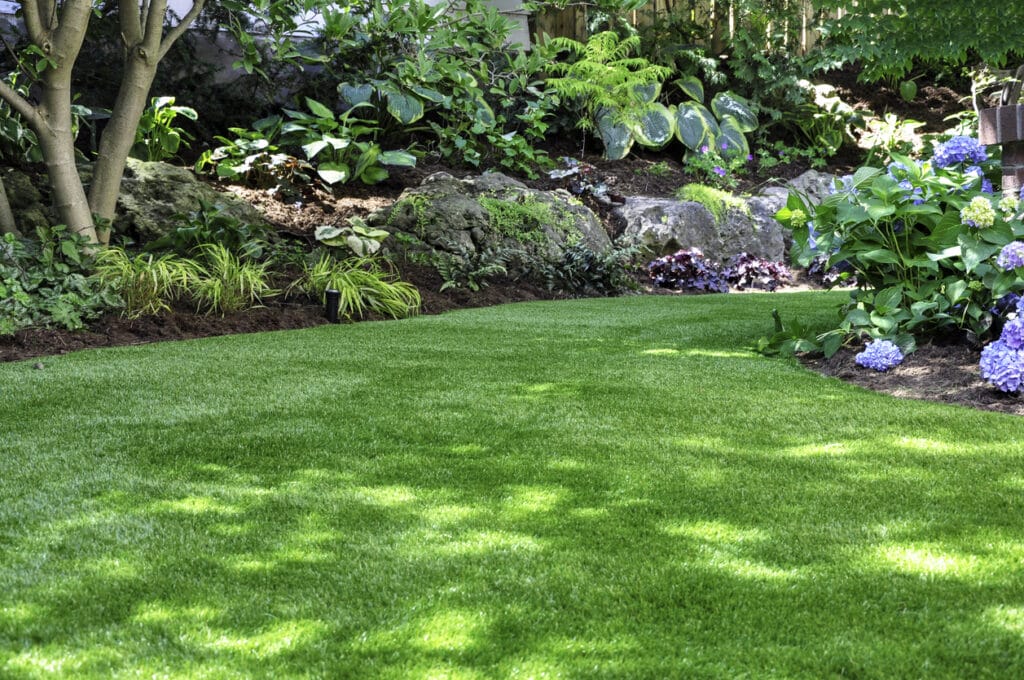
Bermuda Grass
Bermuda grass is a popular choice among Austin homeowners due to its durability and fast growth. It establishes quickly and tolerates high foot traffic, making it ideal for families and pet owners.
Pros:
Excellent drought and heat tolerance
Rapid growth and recovery
Dense turf that crowds out weeds
Cons:
Requires full sun (not ideal for shady areas)
Can become invasive if not maintained
Care Tips:
Mow regularly to 1–2 inches, water deeply but infrequently, and fertilize monthly during the growing season.
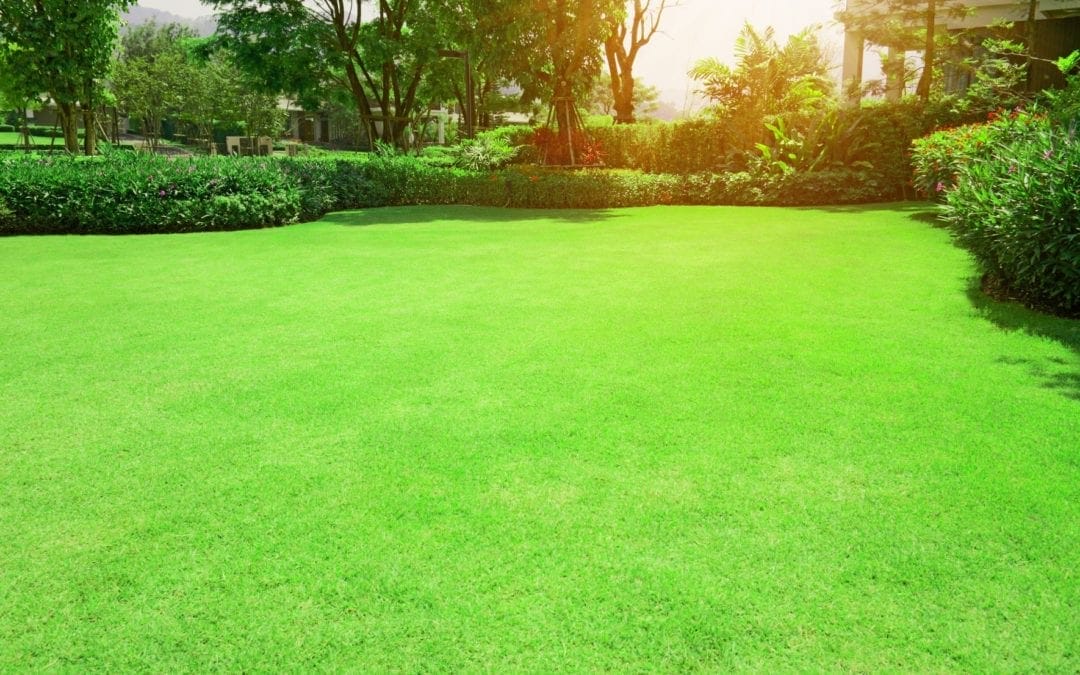
Zoysia Grass
Zoysia grass is another excellent warm-season option for Austin lawns. It provides a soft, carpet-like texture and tolerates both sun and partial shade, which is ideal for yards with mixed light conditions.
Pros:
Good drought tolerance
Dense growth resists weeds
Handles foot traffic well
Cons:
Slow to establish from seed
Can develop thatch if overwatered
Care Tips:
Mow to about 1.5–2 inches. Use a slow-release nitrogen fertilizer and aerate yearly to prevent thatch buildup.
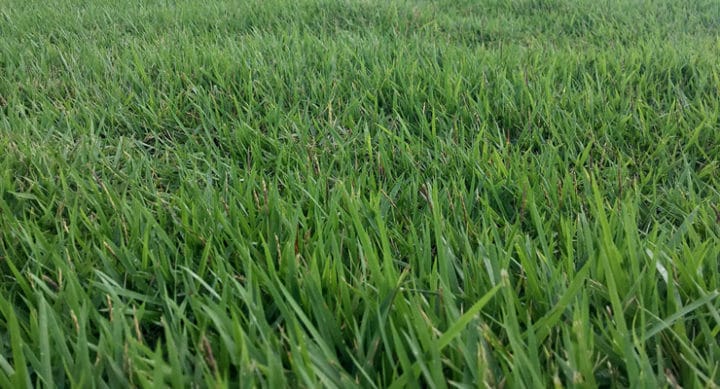
St. Augustine Grass
St. Augustine grass thrives in shady or partially shaded lawns, making it a favorite in Austin neighborhoods with mature trees. It features broad, flat blades and creates a thick, lush appearance.
Pros:
Excellent shade tolerance
Dense coverage
Resists most pests and diseases
Cons:
Less drought-tolerant than Bermuda or Zoysia
Requires more frequent watering
Care Tips:
Mow to 2.5–4 inches. Water more frequently during dry spells and fertilize with a balanced formula in spring and summer.
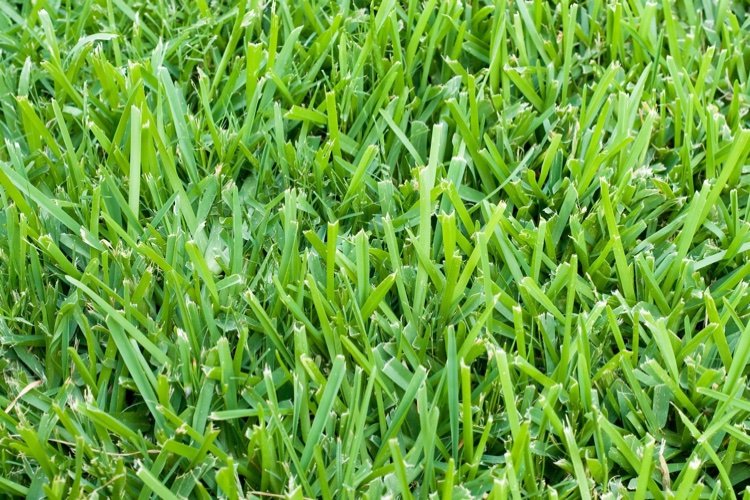
Buffalo Grass
Buffalo grass is native to the Great Plains and ideal for those looking for a low-water, eco-conscious lawn in Austin. It has a unique, soft appearance and grows best in full sun.
Pros:
Extremely drought-tolerant
Low fertilizer and mowing needs
Native to Texas – environmentally friendly
Cons:
Not suitable for high-traffic areas
Light green color may not appeal to everyone
Care Tips:
Mow every few weeks to 2–3 inches. Water only during extended dry periods. Minimal fertilization is needed.
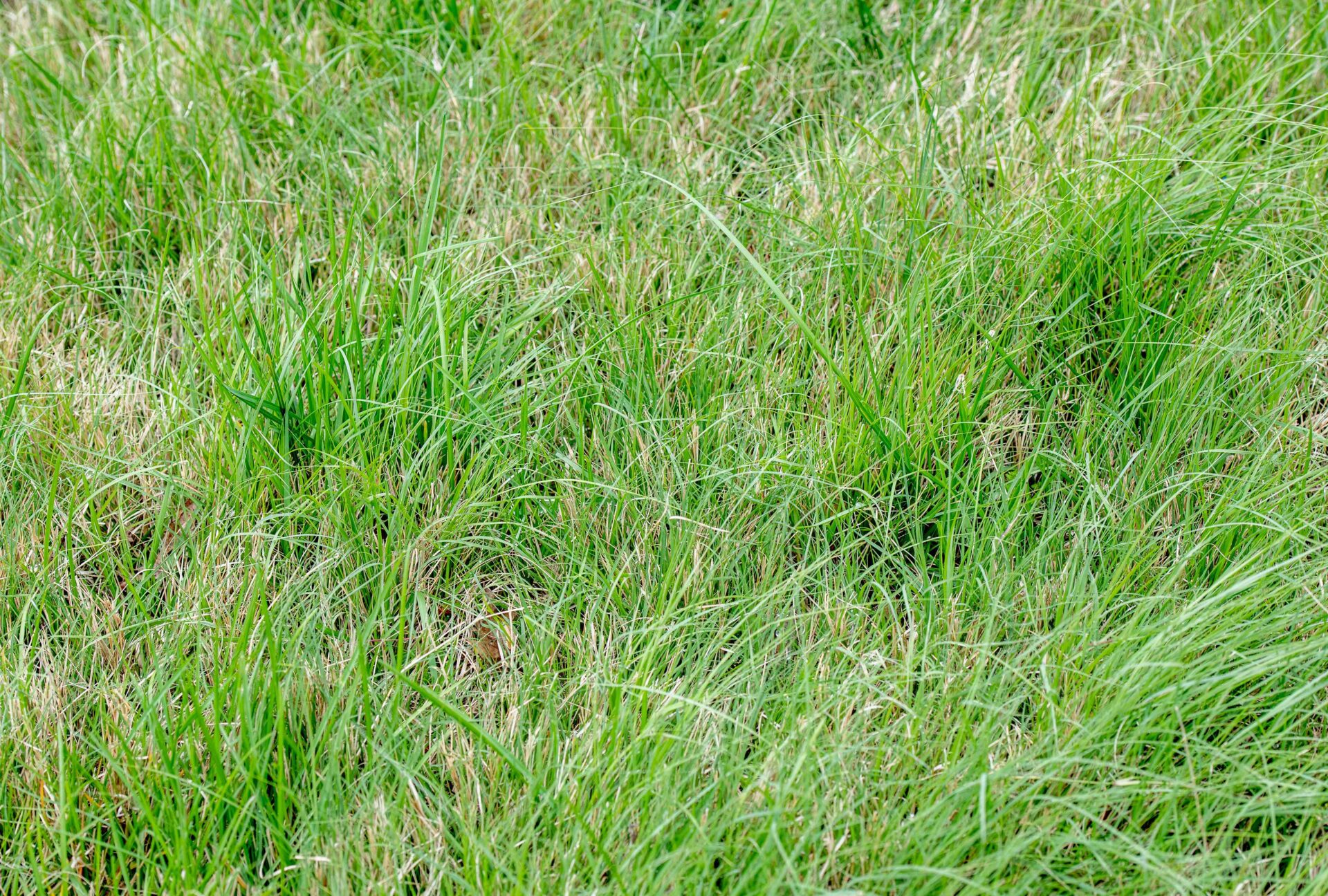
Choosing the Best Grass for Your Austin Lawn
When choosing the best warm-season grass for your Austin lawn, consider these key factors:
Sunlight: Bermuda and Buffalo need full sun, while Zoysia and St. Augustine tolerate shade.
Traffic: Bermuda and Zoysia are durable; Buffalo is not.
Water Needs: Buffalo and Bermuda require the least water; St. Augustine needs the most.
Maintenance Level: Buffalo is lowest maintenance; Bermuda is fast-growing and may need more attention.
Also, think about how you use your lawn—families with kids or pets might lean toward more robust grasses like Bermuda or Zoysia, while homeowners who prioritize water conservation may prefer Buffalo grass.

Lawn Care Tips for Austin's Climate
Soil Testing: Central Texas soils can be alkaline. Test and amend soil before planting.
Irrigation: Water deeply but infrequently to encourage deep root growth.
Mowing Schedule: Adjust mowing height seasonally—keep it higher in summer to retain moisture.
Pest Control: Keep an eye out for grubs, chinch bugs, and fungal issues, especially in humid months.
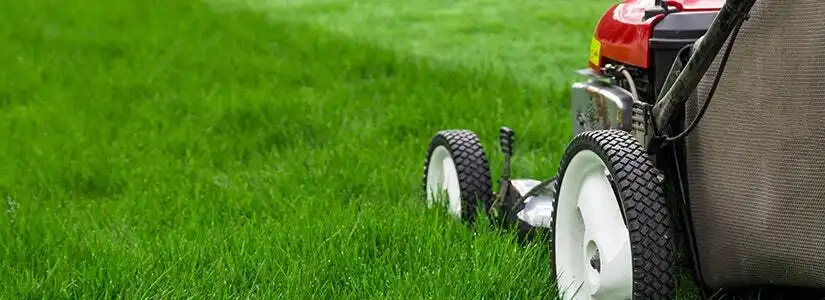
Final Thoughts
Creating a thriving, sustainable lawn in Austin starts with selecting the right warm-season grass. Whether you prefer the lush density of Zoysia, the shade tolerance of St. Augustine, or the eco-friendliness of Buffalo grass, each type offers distinct benefits suited for the local climate. With proper care and thoughtful planning, your Austin lawn can stay green, resilient, and beautiful through the heat of summer.
